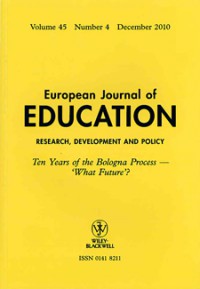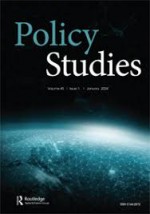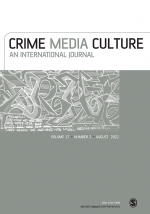A Comparative Exploration of Learning Pathways and Transition Systems in Denmark and Australia

In the area of education and training, different configurations of government with different institutional structures may produce similar or quite different educational and employment outcomes. Other factors come into play in assessing outcomes. For example, young people's transitions from education to work are shaped by a variety of structural and institutional relations in education and the labour market. We argue that analysis of developments in approaches to education and training benefits from including these perspectives. This article explores these differences and similarities in a comparative transnational context across two continents. The article suggests that it not useful, whether from a policy or scholarly perspective, to link education and employment without examining the role and type of the welfare state, including the role and type of capitalism within that state, and the relationship of the welfare state to transition systems. With these concerns as our focus, the article has two objectives. The first is to establish some links between comparative research on transition systems and the literatures on welfare state regimes and varieties of capitalism. The second is to draw out some of these links with two concrete and contrasting examples in a comparative manner, focussing on Denmark and Australia.








